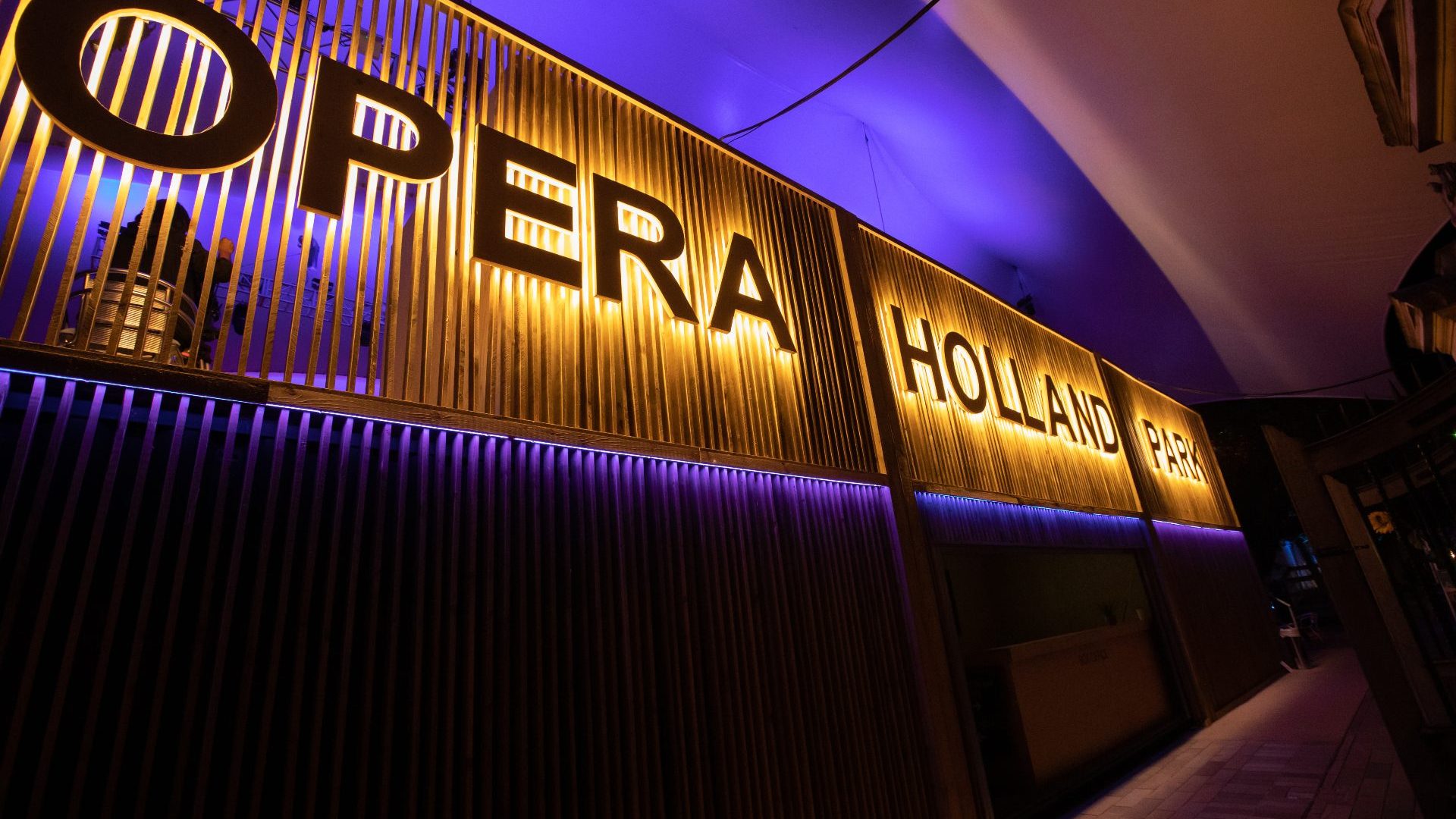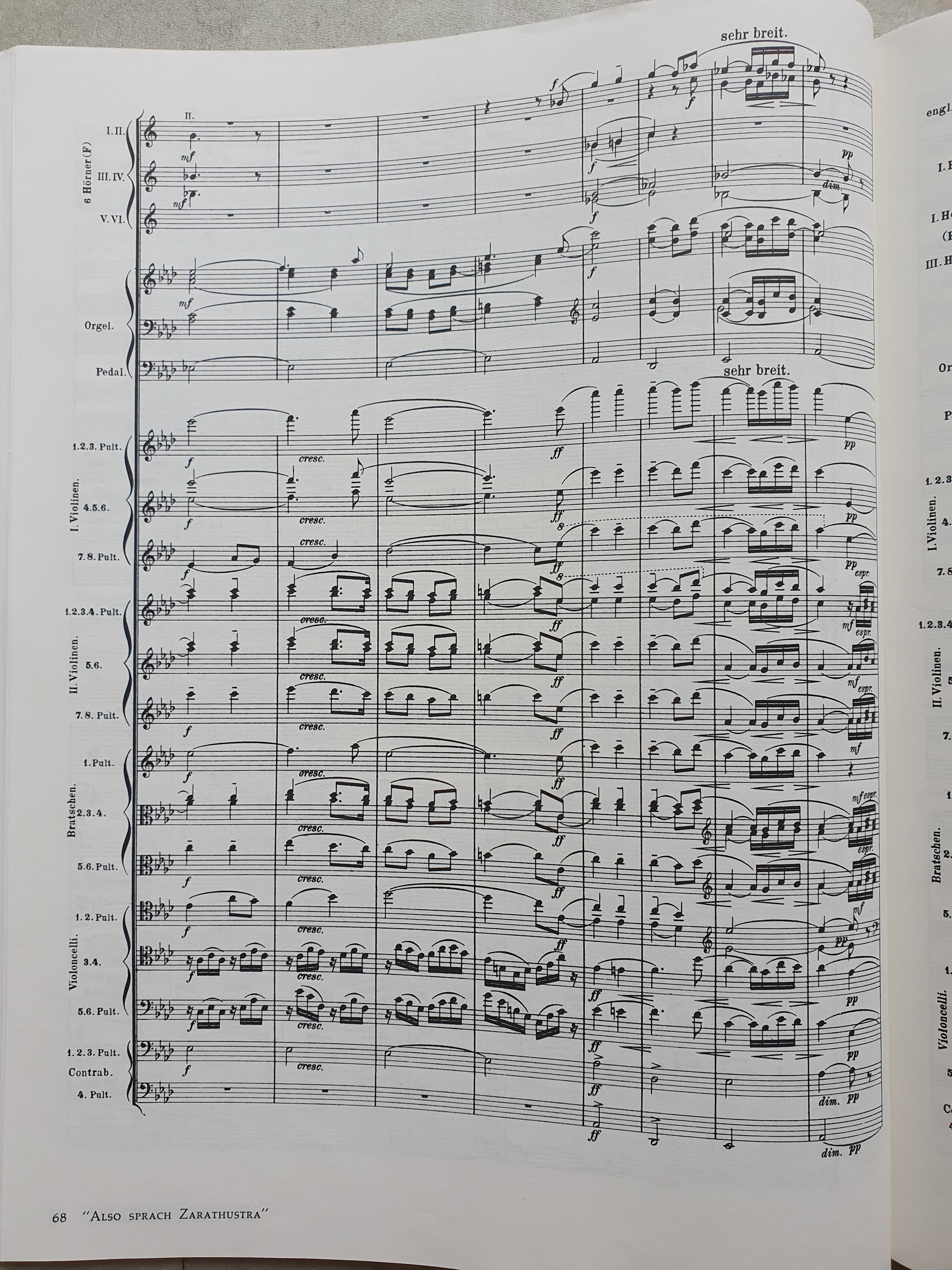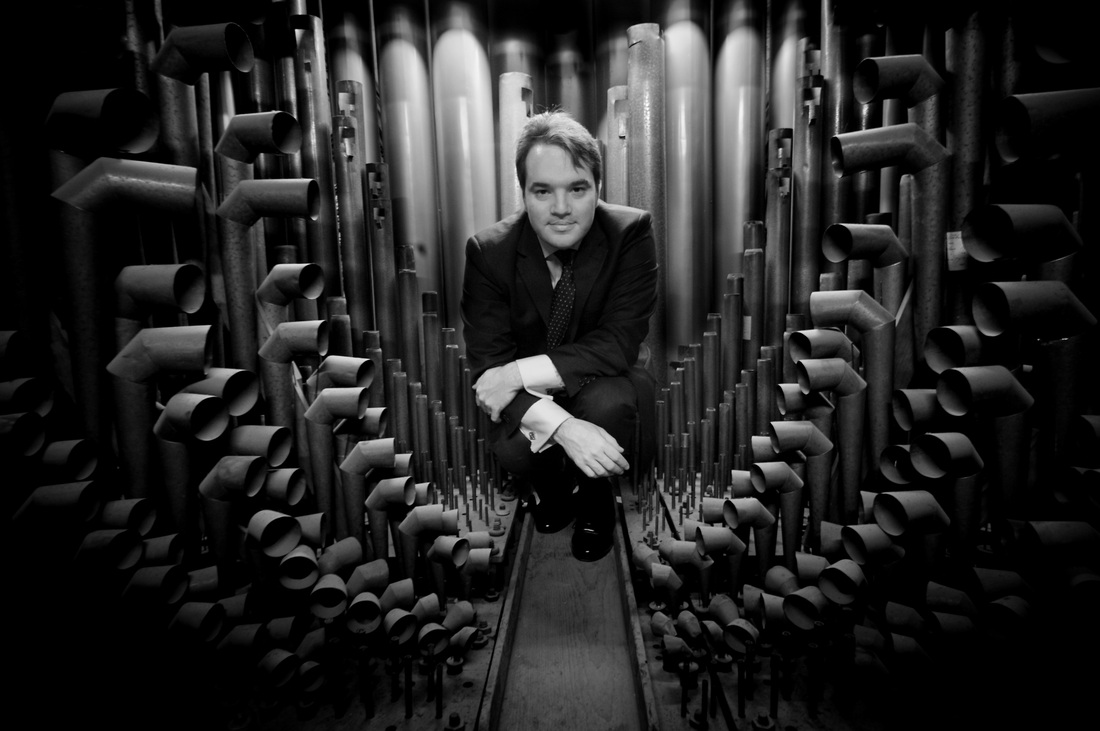
It was lovely to return to the beautiful surroundings of Opera Holland Park – a vast performing space with orchestra pit set into the middle, covered by an open-sided canopy – for the last night of this year’s season.
The opera is (and always was) a difficult piece to get right. Following on from the success of The Mikado, Ruddigore was widely panned at the premiere, underwent innumerable cuts and alterations before then disappearing from the repertoire entirely for 35 years. Whilst many directors look for ways to make G&S ‘relevant’ to contemporary audiences with varying degrees of success, John Savournin has, refreshingly, eschewed that and presents a production that is as close to the original material as I’ve seen in a while: no modern references thrown in here for cheap laughs, the writers’ material is allowed to do the work – and my word, in these hands, it achieves it well.
Musically, too, the production is pretty faithful to the original material. The new reduction by conductor David Eaton, superbly played be the City of London Sinfonia truncates the overture (vastly preferable to the unfortunate current habit of cutting them completely) and moves the Act 2 melodrama music to the piano. I liked the decision to include the second verse of duet at the start of Act 2, again usually cut, which adds more context to that scene, and a pleasure to hear the original version of the Act 2 finale.
The energetic chorus of professional bridesmaids led by Zorah (Natasha Agarwal) and Ruth (Caroline Carragher), bemoaning their lack of employment, led to the introduction of a feisty Dame Hannah (Heather Shipp).
The central pairing of Rose Maybud (Llio Evans) – delightfully fussy, in her strict adherence to the ridiculous rules of her book of etiquette – and Robin Oakapple (Matthew Kellet) – awkwardly shy – complimented each other well, both as actors and vocally.
A muscular portrayal of Dick Dauntless (David Webb), a particularly unnerving and convincing interpretation of Mad Margaret (Heather Lowe), a splendid turn by G&S veteran Richard Suart, clearly thoroughly enjoying himself as Old Adam, whilst Director John Savournin as an over-the-top caped and curly moustached Victorian showman-magician completed the Act 1 line-up.
The test of any performance of Ruddigore is the revealing of the ghosts a short way into Act 2. Here we were treated to the full Hammer Horror panoply of effects: thunder, lightning, spooky laughter, intense music in a minor key – which made the eventual appearance, sliding in round the flats, just a touch underwhelming. However Stephen Gadd’s stentorian Sir Roderic Murgatroyd, the last ghost to appear, commanded the stage whilst his later duet with Dame Hannah was beautifully delicate.
It goes without saying that all parts were beautifully sung with clear diction that reached all parts of the theatre, and a pleasure to hear. It’s also true that the Savoy Operas were written for all-rounders and understandably today’s first-study singers don’t necessarily make the best spoken-word actors (at times I felt the dialogue was bellowed and lacked nuance) or dancers (whilst Merry Holden’s choreography was slick and appropriately pitched, more than once I sensed on-stage self-consciousness).
After the calls, OHP CEO James Clutton asked all staff and crew onto the stage to receive an end of season ovation – a lovely touch, making me feel like a guest at your party. Thank you very much for having me, look forward to seeing you again!
Lucas Elkin



 Robert Quinney, based now at New College, Oxford, has a well-deserved reputation, alongside his excellent choral directing, as an expert performer of the organ music of J S Bach. He has produced a number of fine recordings and I know that several of us in the audience were particularly looking forward to hearing the two pieces of Bach in this programme.
Robert Quinney, based now at New College, Oxford, has a well-deserved reputation, alongside his excellent choral directing, as an expert performer of the organ music of J S Bach. He has produced a number of fine recordings and I know that several of us in the audience were particularly looking forward to hearing the two pieces of Bach in this programme.